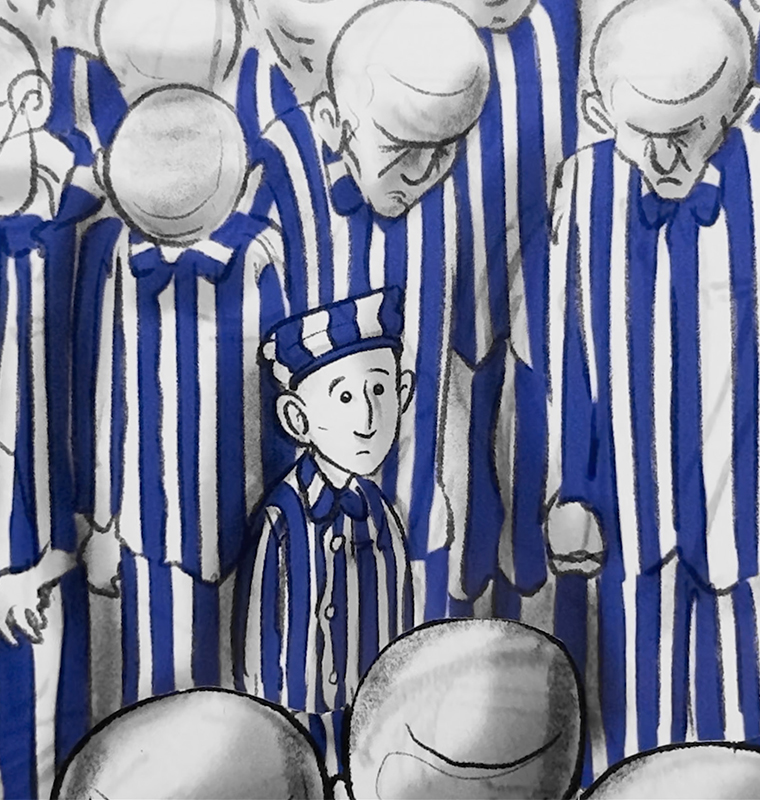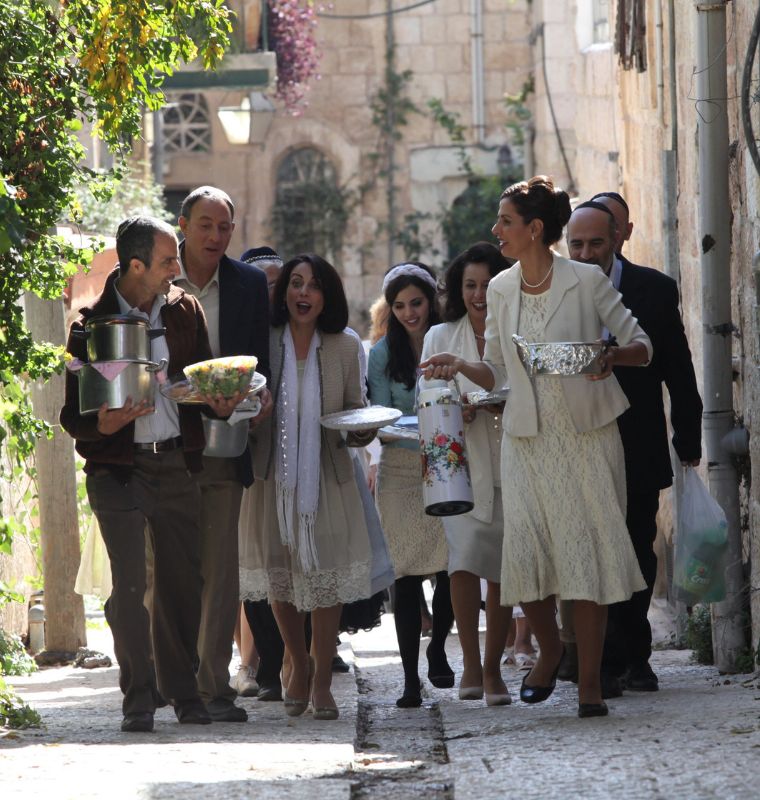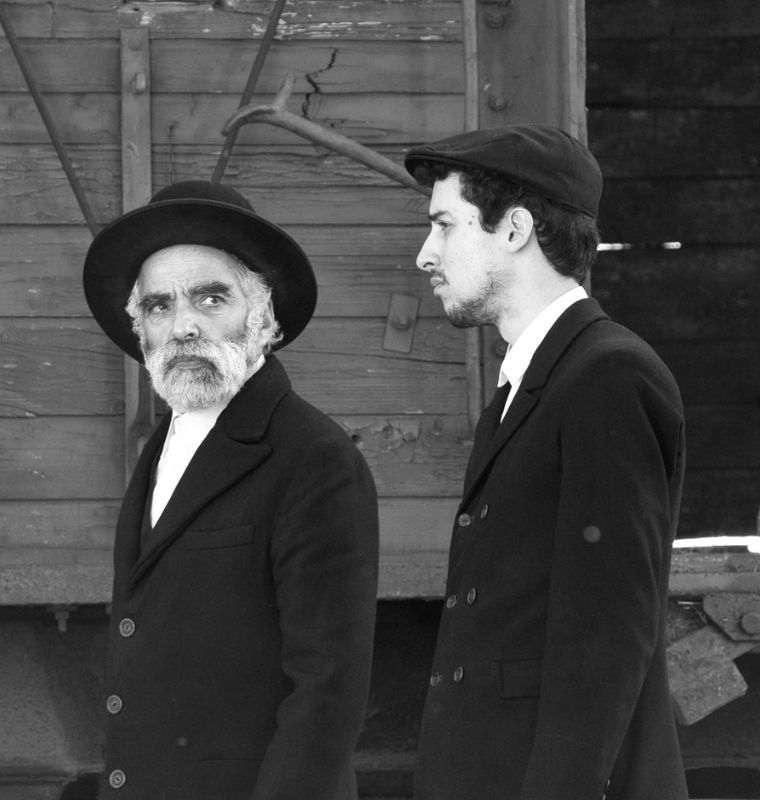Winter Journey: Survival and the Secret Nazi Band
One of Martin Goldsmith’s only physical connections to his grandparents came into his possession when he was 68 years old. It was a 16th-century kettle made of brass, bronze and iron that was seized by the Nazis from his paternal grandparents during the Holocaust and remained in a German museum until 2020, when a researcher set about finding its origins.
This is not the first time Goldsmith has glimpsed into his family history. An full-time NPR radio host and classical music programmer, Goldsmith also began researching his family’s past to learn more about his Jewish identity. He has since written two books on his family’s history in Germany and his grandparents’ escape to America. His most recent book, The Inextinguishable Symphony: A True Story of Music and Love in Nazi Germany provided the inspiration for his latest documentary film, Winter Journey.
"A Yearning for Familial Connection"
Winter Journey is a documentary-style film dedicated to telling the story of Goldsmith’s father, George Gunther Goldsmith, born Gunther Ludwig Goldschmidt, through his passion for music. George spent a portion of his young adult life playing the flute for Jüdischer Kulturbund, an all-Jewish orchestra led by the Nazis as a propaganda effort to prove the well-being of the Jewish population to the rest of the world. Goldsmith’s mother also played in this orchestra, and is what allowed his parents to continually survive in a Nazi-ruled Germany until their emigration to America in 1941.
The controversial nature of the orchestra’s existence provides viewers with a new lens to examine a past many today fill all too familiar with, on on the other hand, not familiar at all. Martin Goldsmith's questioning of his father, both studious and inquisitive, become reflective of the audience's own doubts about the elder Goldsmith's past, grating subtle insight into Goldsmith’s character and his outlook on life. Thus, viewers are given the opportunity to re-examine their own lives with a newfound perspective of finding the best within a bad situation.

Winter Journey aims to be a documentary, but is hindered due to tragic limitations. George Goldsmith died in 2007, before the film’s production, leading director Anders Ostergaard to take creative liberties. To remain true to Goldsmith’s novel and vision, Ostergaard emulates the usual documentary style of filmmaking, using a mix of landscape shots during dialogue, historical footage, scene reenactments with actors, and interviews between Martin Goldsmith and his father.
Martin remains the voice behind the camera, the auteur driving the film forward with his questions, and is subsequently never seen on camera. In reenactments set during World War II, Goldsmith is embodied by Leonard Scheicher, a rising German actor. However, for the majority of the film, Goldsmith is played by Swiss actor Bruno Ganz, in his last performance before his death in 2019. A legendary actor, Ganz’s career spanned nearly six decades, the first two of which were dedicated to his work on the stage. He then smoothly transitioned to film, where he is most well known for his portrayal of Adolf Hitler in the 2004 film, Downfall. His later work with Werner Herzog, Éric Rohmer, Francis Ford Coppola, and Wim Wenders earned him repeated critical acclaim.

A New Style of Documentary
Ostergaard’s creativity in overcoming these initial limitations resulted in a completely new documentary filmmaking style, thus redefining the genre. He expertly intertwines past and present narratives as he splices dialogue together with historical and reenacted footage, while also allowing room for the development of a new relationship between Martin and his father as a result of their interviews. It offers privy conversations between father and son, as Martin asks the difficult questions of his father, including why he remained in the desert, a location he hates, a decade past his wife’s death. Viewers are given the opportunity to learn about Goldsmith’s family history through both George Goldsmith’s memories, and through his complicated relationship with Martin, which reaches a peak tension towards the end of the film.
Due to his father’s traumatic experiences in Germany, Martin Goldsmith grew up without a strong Jewish identity. “In my father’s mind, to be a Jew was to be an outcast, to be hated, to be murdered,” he said. “So, I did not grow up with a sense of being a Jew.” This sentiment is painstakingly present and provides much of the tone for Winter Journey. Through watching, viewers slowly understand Martin’s emotions and the motivation behind his questions, allowing George Goldsmith’s life story and its repercussions to truly shine and be understood that much better. Viewers then walk away with a newfound point of view on life and appreciation for their own family history.



